Graham Reid | | 1 min read
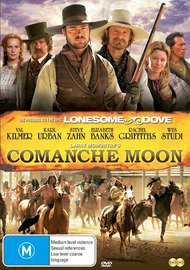
Although his star as one of the great historical novelists of lives played out on the American frontiers (the West, that world between the lawless old and increasingly modernity) has been eclipsed by the darker works of Cormac McCarthy (The Road, No Country for Old Men, All the Pretty Horses), the great Larry McMurtry has written some remarkable novels -- and is an essayist well worth reading.
Among other novels he wrote The Last Picture Show and its sequel Texasville, and Terms of Endearment. He also wrote the screenplay for Brokeback Mountain and his Pulitzer-winning novel Lonesome Dove was adapted into a slow-moving but quietly engrossing television mini-series. It starred Robert Duvall, Tommy Lee Jones, Danny Glover and others who brought star power and charisma to a narrative which encompassed frontier life, cattle drives, Native Americans being ground out of their land, restless and rootless men in the wake of the Civil War and much more.
Comanche Moon, is the last in the Lonesome Dove series but is actually the prequel which establishes the central characters of Gus (Duvall in series, here played by Steve Zahn more recently seen in Treme) and Woodrow Call (Jones, here Karl Urban).
Zahn delivers an uncanny reading of what the young Gus must have been like as he introduce the mannerisms and tight-lipped dry humour which Duvall brought, Urban is less successful in creating the younger Jones, largely because Jones' character gave nothing away in the original.
Set in and around Austin at the time the newly established Texas Rangers were corralling up the local tribes (Comanche) and tracking the rebellious Buffalo Hump (Wes Studi) and ruthless Mexican bandit Ahumado (Sal Lopez), Comanche Moon -- spread over three two hour discs -- again moves slowly.
Regrettably it lacks little of the resonance of the original series and at times you sense the cast is grappling manfully with a script full of cliches. As for the womenfolk they fare even worse and although no one actually says, "Well, I declare . . ." they come within a fancy bonnet of doing so.
The Comanche get out slightly better, mostly because they are trying to survive against the odds and their internal power struggles have some frisson of credibility. They speak in their native tongue, subtitles provided. There is however even here some clunking shifts between reality, the mythic and the noble savage.
Val Kilmer as the eccentric Captain Scull gets to spew his lines out in a performance that is so screen-devouring you fully expect him to come out of the frame and stand in front of you huffing his cheeks and puffing through a Mark Twain-sized moustache. His sluttish wife (Rachel Griffiths, accepting the pay check to enjoy the attention of young men) seems an odd note to strike also.
So a very uneven if not totally disappointing prequel, perhaps only enjoyed by those who are prepared to swallow a lot of cliches to remain loyal to the important writer that Larry McMurtry (father of singer James) had been.
Like the idea of Westerns but looking for better? Then start here. Or here.


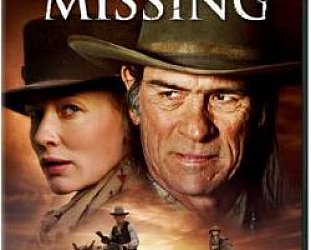
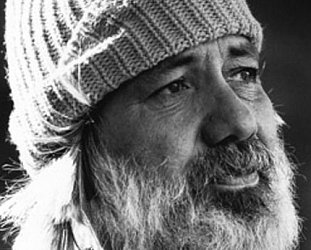
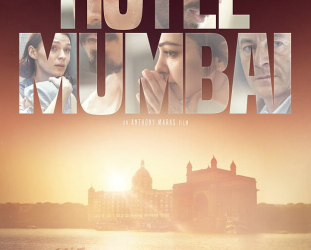
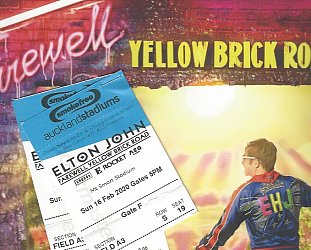
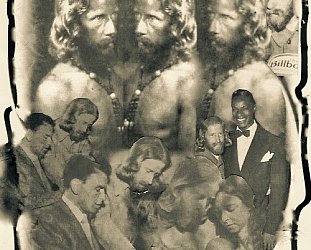
post a comment